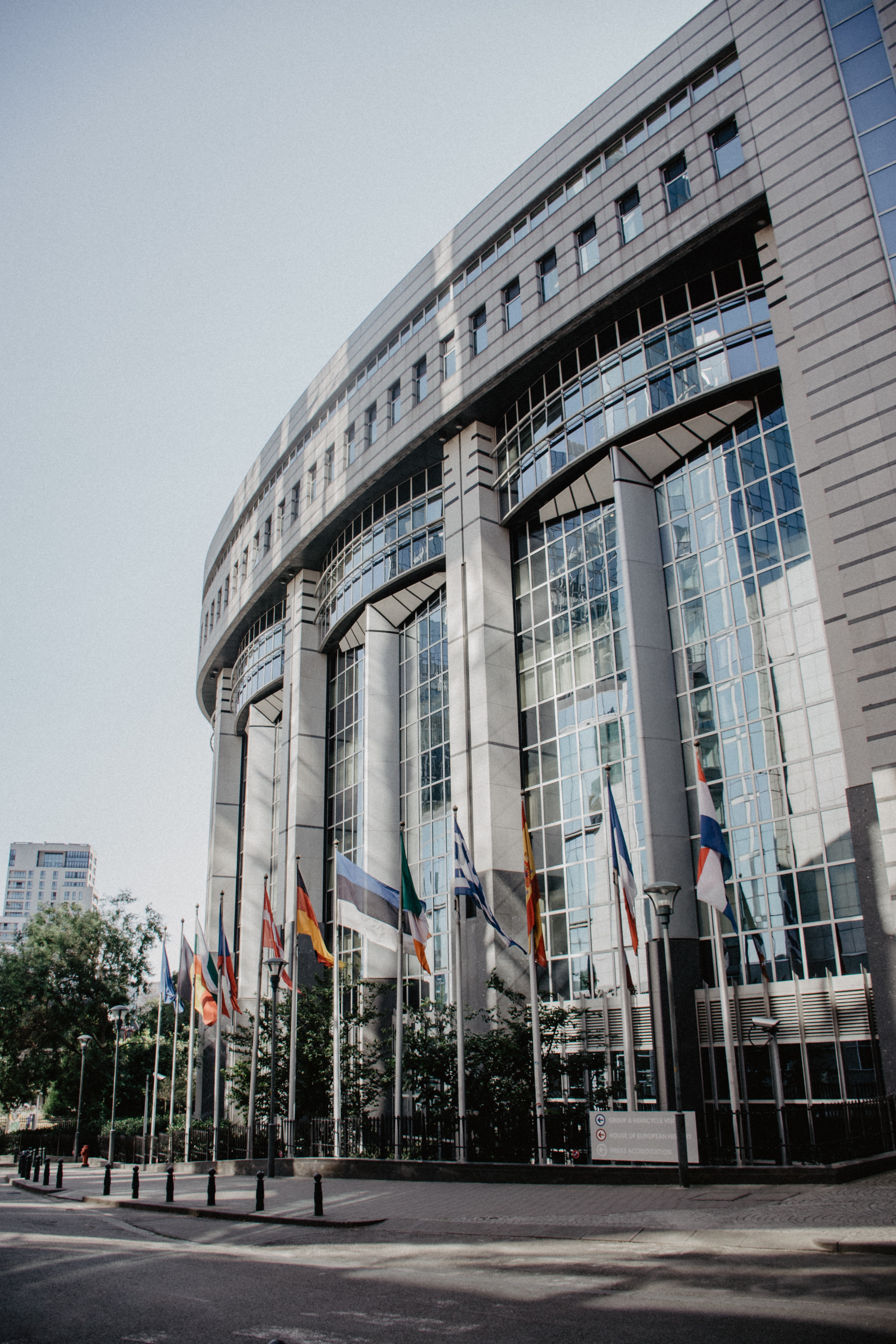EU policies are unable to ensure farmers use water sustainably, according to a special report published today by the European Court of Auditors (ECA). The impact of agriculture on water resources is major and undeniable. But farmers benefit from too many exemptions from EU water policy that hinder efforts to ensure sound water use. In addition, the EU’s agricultural policy promotes and too often supports greater rather than more efficient water use.
Farmers are major consumers of freshwater: agriculture accounts for a quarter of all water abstraction in the EU. Agricultural activity affects both water quality (e.g. pollution from fertilisers or pesticides) and water quantity. The EU’s current approach to managing water goes back to the 2000 Water Framework Directive (WFD), which introduced policies relating to sustainable water use. It set a target of achieving good quantitative status for all water bodies across the EU. The common agricultural policy (CAP) also plays an important role in water sustainability. It offers tools that can help reduce pressures on water resources, such as linking payments to greener practices and financing more efficient irrigation infrastructure.
“Water is a limited resource, and the future of EU agriculture largely depends on how efficiently and sustainably farmers use it” said Joëlle Elvinger, the member of the European Court of Auditors responsible for the report. “So far, though, EU policies have not helped enough to reduce the impact of agriculture on water resources.”
The WFD provides safeguards against unsustainable water use. But Member States grant numerous exemptions to agriculture, allowing water abstraction. The auditors found these exemptions are granted generously to farmers, including in water-stressed regions. At the same time, some national authorities rarely apply sanctions to illegal water use that they detect. The WFD also requires Member States to embrace the polluter-pays principle. But water remains cheaper when used for agriculture, and many Member States still do not recover the cost for water services in agriculture as they do in other sectors. Farmers are often not billed for the actual volume of water they use, the auditors point out.
Under the CAP, EU aid to farmers is mostly not contingent upon compliance with obligations encouraging efficient water use. Some payments support water-intensive crops, such as rice, nuts, fruit and vegetables, without geographical restriction, meaning also in water-stressed areas. And the CAP cross-compliance mechanism (i.e. payments conditional on certain environmental obligations) has barely any effect, the auditors note. Requirements do not apply to all farmers and, in any case, Member States do not carry out enough controls and proper checks to really discourage the unsustainable use of water.
Apart from direct payments, the CAP also funds investments by farmers or agricultural practices such as water retention measures. These can have a positive impact on water use. But farmers rarely take advantage of this opportunity and rural development programmes seldom support water reuse infrastructure. Modernising existing irrigation systems also does not always entail water savings, since the saved water may be redirected to more water-intensive crops or irrigation across a larger area. Similarly, installing new infrastructure that extends the irrigated area is likely to increase the pressure on freshwater resources. Overall, the EU has certainly funded farms and projects that undermine the sustainable use of water, the auditors say.




